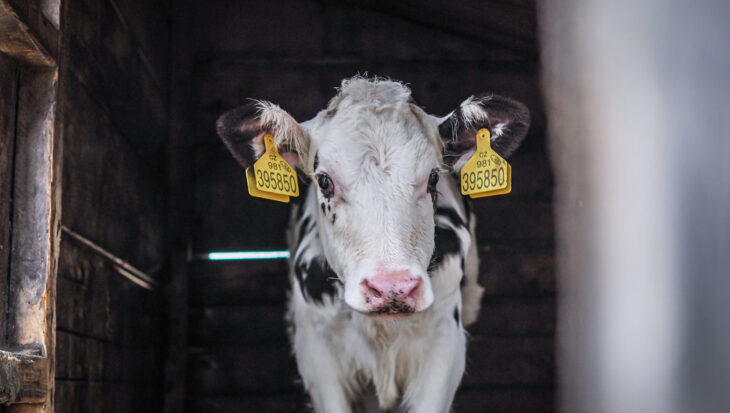The first in a gruesome series of ‘procedures’ involved anaesthetised mice having their chests opened up and being given heart attacks by having the flow of blood to their hearts blocked for between five and 30 minutes. In another experiment, rats deliberately bred to suffer strokes were anaesthetised and this time the flow of blood to their brain was blocked. They then had their necks broken, and their brains removed for analysis. Other brain-damaged rats were made to walk along a narrow beam to see how many times they fell, before they were anaesthetised and killed by cutting open their chests and inserting tubes to flush out the heart and blood vessels for examination.
The research focused on the damage that is caused to the heart, and other organs, when blood flow suddenly returns after being blocked (as in the case of a heart attack or stroke). The researchers believe they identified a chemical involved in causing this damage, and suggest that compounds found in common fruits such as grapes could help to reduce it. Yet attempts to translate the findings from animal ‘models’ of this type of injury to the clinic have been described in a systematic review as ‘hugely disappointing’.
The damage deliberately caused to the animals’ organs during the experiments was completely different from how it would naturally occur in humans. The way young mice, for example, were made to suffer heart attacks by having the flow of blood to their hearts blocked bears little relation to the complex, often longstanding problems that lead to humans suffering a heart attack, which may build up over a number of years or relate to other conditions, for example thrombosis.
There are fundamental differences between the hearts, and other organs, of rodents and humans. Rodents, for instance, have a resting heart rate five times higher than humans, with different electrical impulses and muscle composition. Additionally, the hearts of rodents and other species differ greatly from humans in their response to heart attack, injury, inflammation, blockage of blood flow and levels of damage to the heart. All species react to substances in completely different ways, so there is no guarantee that the compound found to reduce organ damage in rodents would have the same effect in humans.
On its website, the BHF uses these experiments as the basis for a fundraising plea, stating ‘like all the research we fund, this study relied on donations from the public.’ Yet this presents a major ethical problem, since money donated in good faith is being wasted on experiments that are highly unlikely to benefit patients. In an NOP poll conducted on behalf on Animal Aid, 80 per cent of respondents said that they would not knowingly support charities that fund vivisection. The BHF should heed this message and instead focus its resources solely on the use of reliable and productive non-animal techniques that have a genuine chance of leading to concrete medical progress.
Notes
- References and copies of scientific papers are available on request
- Please visit the Victims of Charity website for more information
Update: Animal Aid addresses the BHF's response

